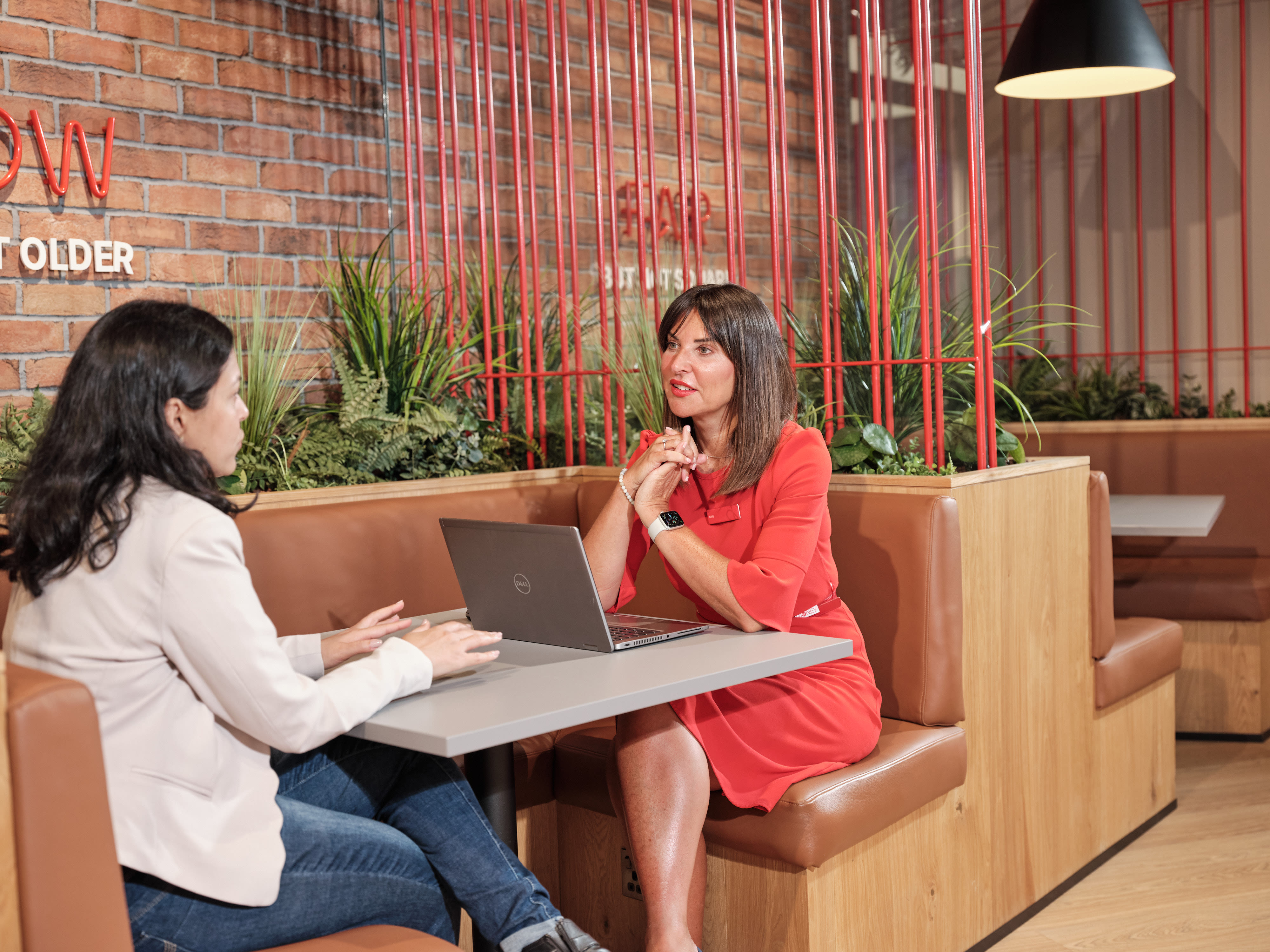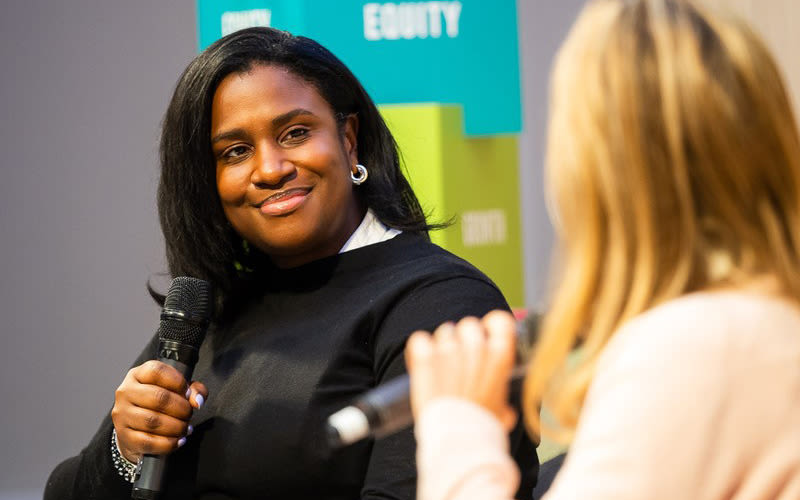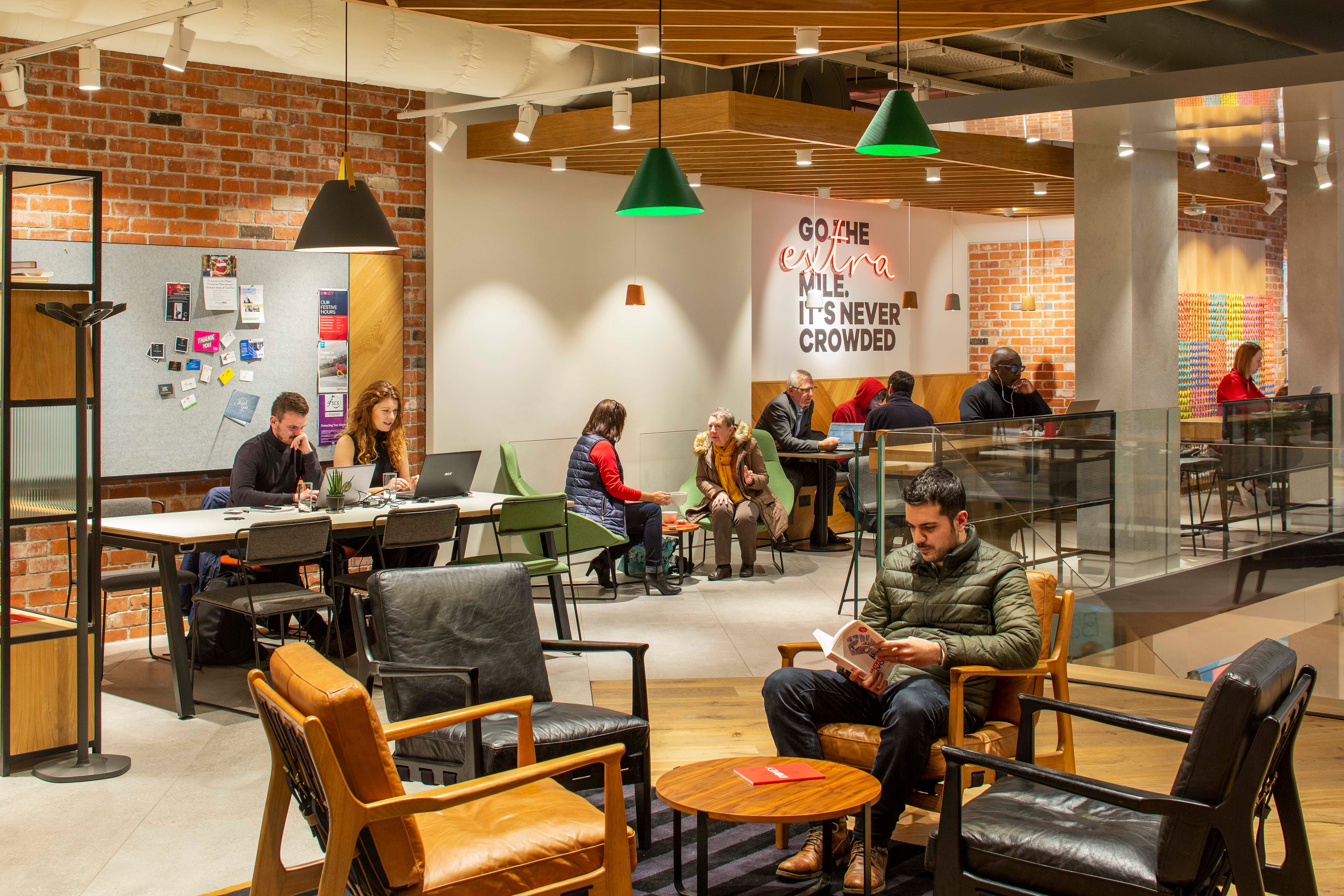Living A Life More Virgin: How Virgin Money is putting its people at the heart of its business
100% Human at Work is working with organisations to help them take tangible steps to shape a future of work that serves humanity – a future that recognises employees as human beings, rather than resources.
One company that has taken great strides in this area is Virgin Money. In November 2021, Virgin Money ripped up the rule book when it came to people policies and introduced A Life More Virgin – an innovative colleague proposition that empowers its people.
Syreeta Brown, Virgin Money’s Chief People and Communications Officer, joined 100% Human at Work’s recent London gathering, where she shared more details about A Life More Virgin and the impact it has had on the business.
She said: “A Life More Virgin is the way in which we believe we can increase our performance through our people. It’s framed as a colleague proposition, but when I joined Virgin Money in November 2021, we quickly pivoted that to include another part of our business strategy, so that we got real collective ownership around how we saw people as a key part of the way we do business. And that proposition evolved in line with our purpose and how we serve all stakeholders.”
At the heart of A Life More Virgin is flexibility around the way that colleagues work, and treating individuals like adults. Syreeta explained: “A lot of companies out there are talking about how people should work – two days, three days, four days – but we believe if you give people the choice, they will make the right decisions and they will do what’s right for their company as well as themselves. It’s a model based on empowerment.
“We want to reinvent how people work in Virgin Money and how they take responsibility. So we changed that, and we invested in technology. And it’s an ongoing piece of work.”
At a basic level, A Life More Virgin gives every employee at Virgin Money the freedom to choose how they work, when they work, and where they work. There are, of course, some boundaries to that – people who work in Virgin Money stores, for example, are limited to being able to work at times that the store is open. And, above all, Virgin Money needs to make sure that its customers’ needs are being met. This is why it developed team rhythms to ensure that customers are receiving the service they need, while employees are also enjoying the flexibility that Virgin Money offers.
“Team rhythms is just a mechanism by which individual teams and people leaders sit down and decide how are we going to work to service our customers,” Syreeta said, adding that leaders received a lot of training and development to help make A Life More Virgin a reality. “You need great people leaders to do this stuff well.”
But what does true flexibility mean when you have employees who are dealing with customers on a day-to-day basis? According to Virgin Money it means enabling colleagues to work from a different branch to fit with their family’s needs, it means letting colleagues start their shift later so they can drop their kids off at school, and it means allowing colleagues to take a longer lunch break to accompany a parent or a partner to an important appointment. Virgin Money is redefining what the modern workplace looks like and as a result it’s preparing itself for the future of work – and future employees who come with different expectations.
“I think organisations are going to have to start gearing their strategies not towards people in their organisations, but the people that they don’t have yet – because that’s coming in really quick,” Syreeta said. “And they’re just different. I’ve got a 20-year-old son, he doesn’t think the same way I do and neither does his peer group. And I think an organisation’s productivity is going to rely on keeping up with the status quo but also disrupting it. The generation coming up are disruptors, they think differently, they are very purpose driven. As much as we find that challenging, we have to find a way to meet them halfway in order for our businesses to sustain their growth and productivity.”
Interested in learning more about the future of work? Visit 100% Human at Work to discover how they are helping businesses create human-centred workplaces fit for the employee of the future.




